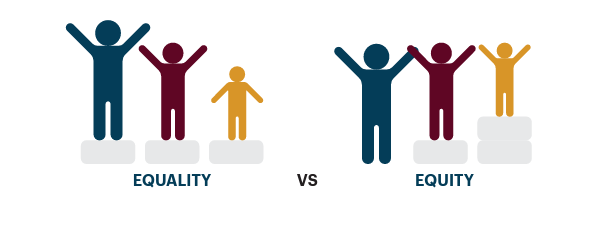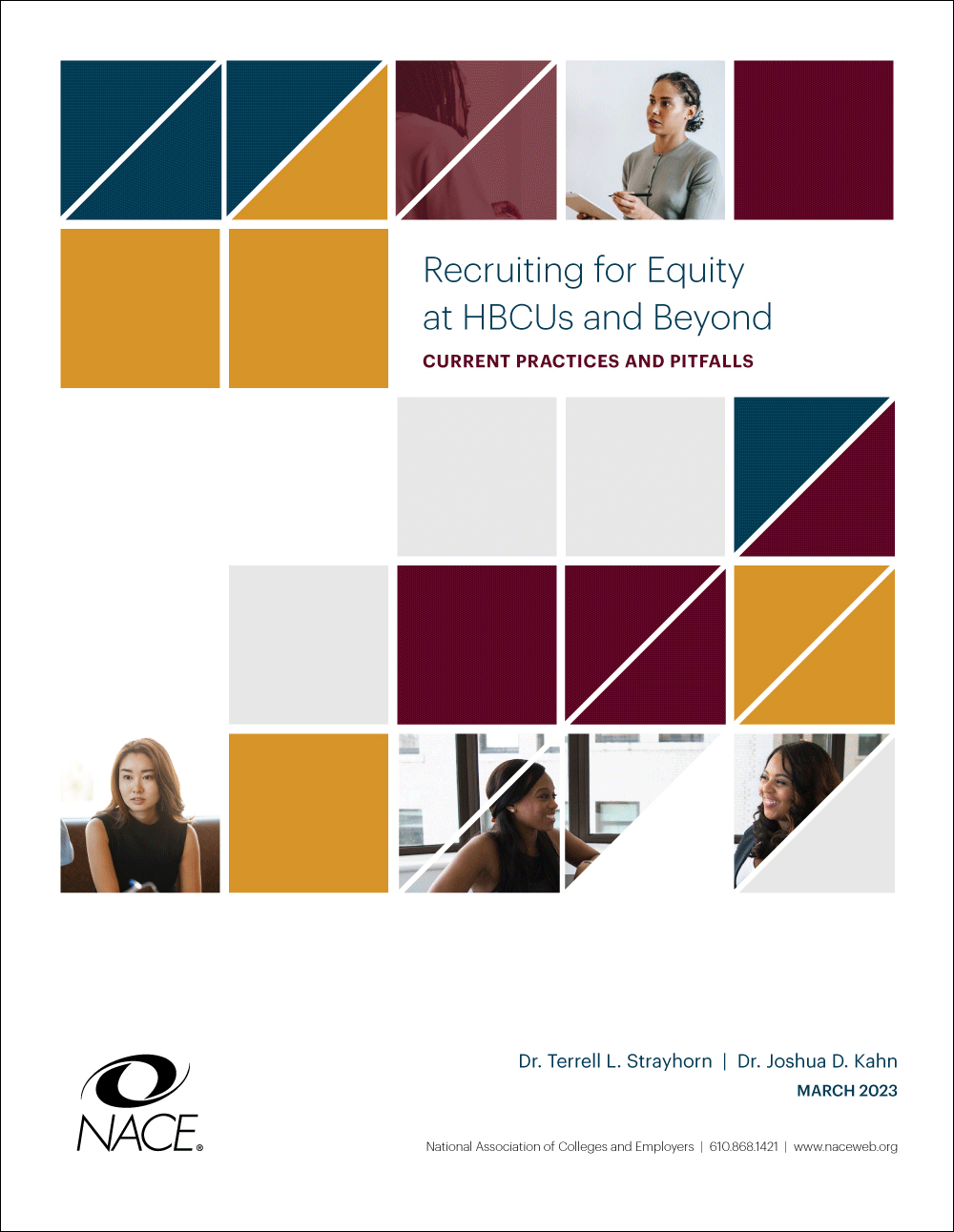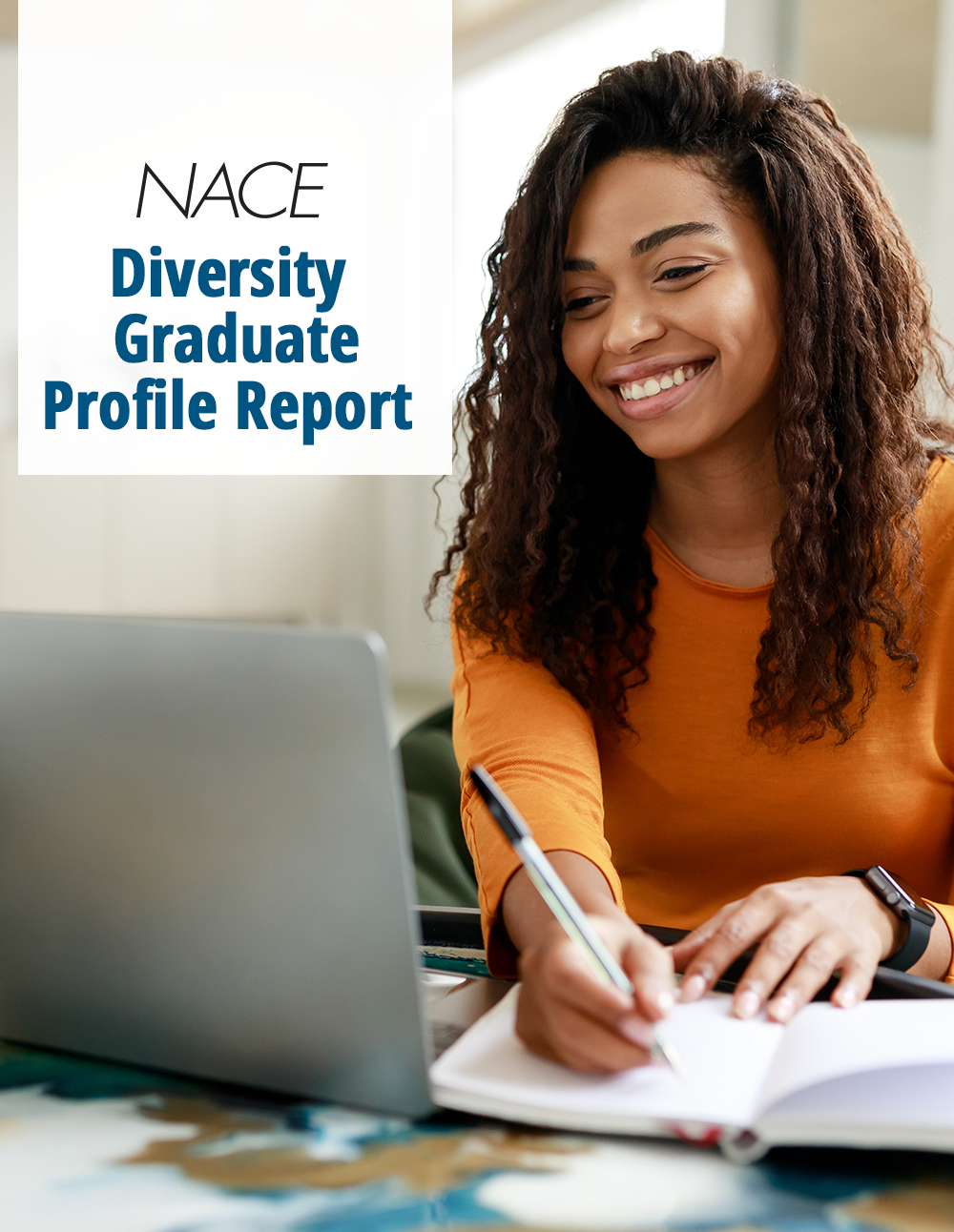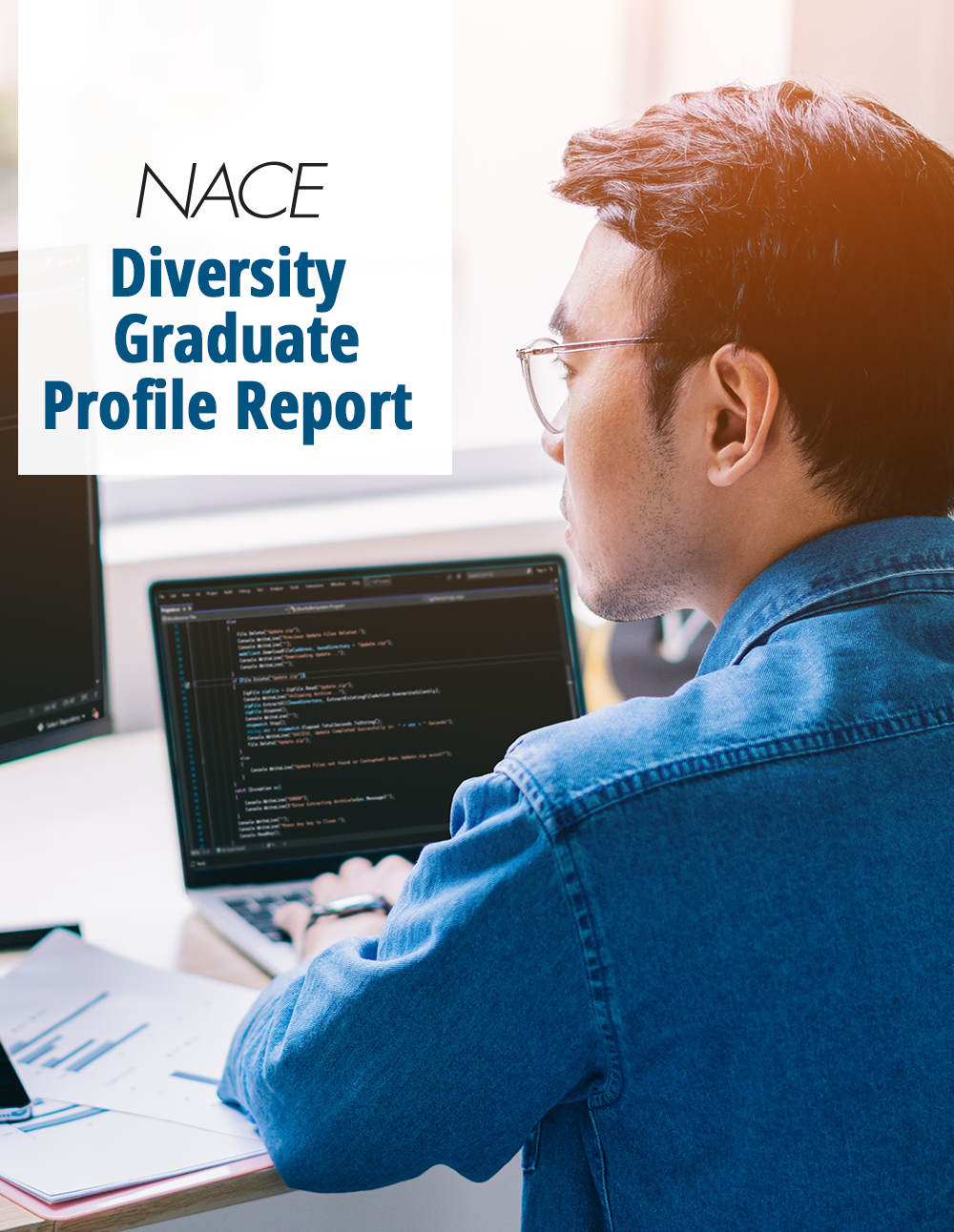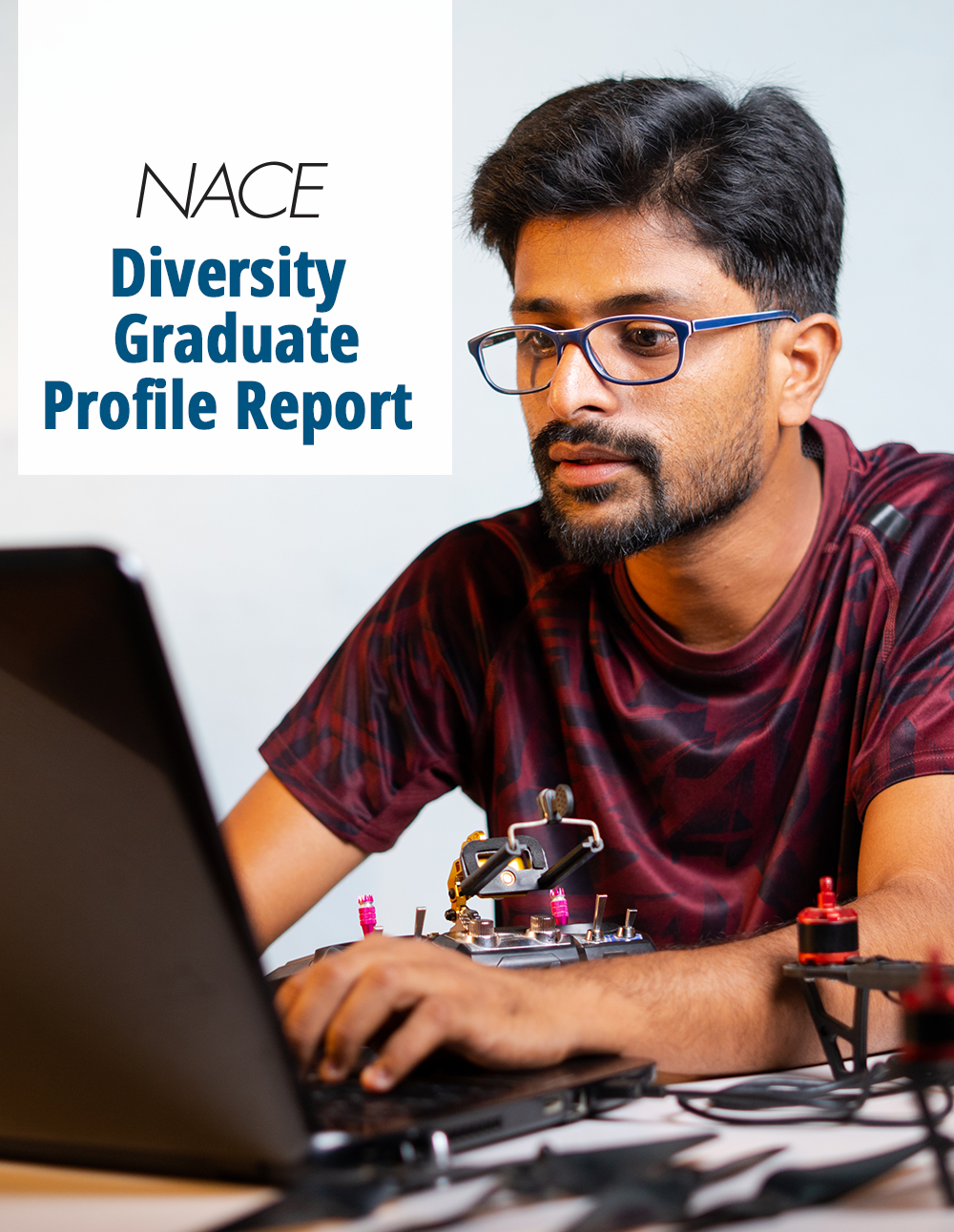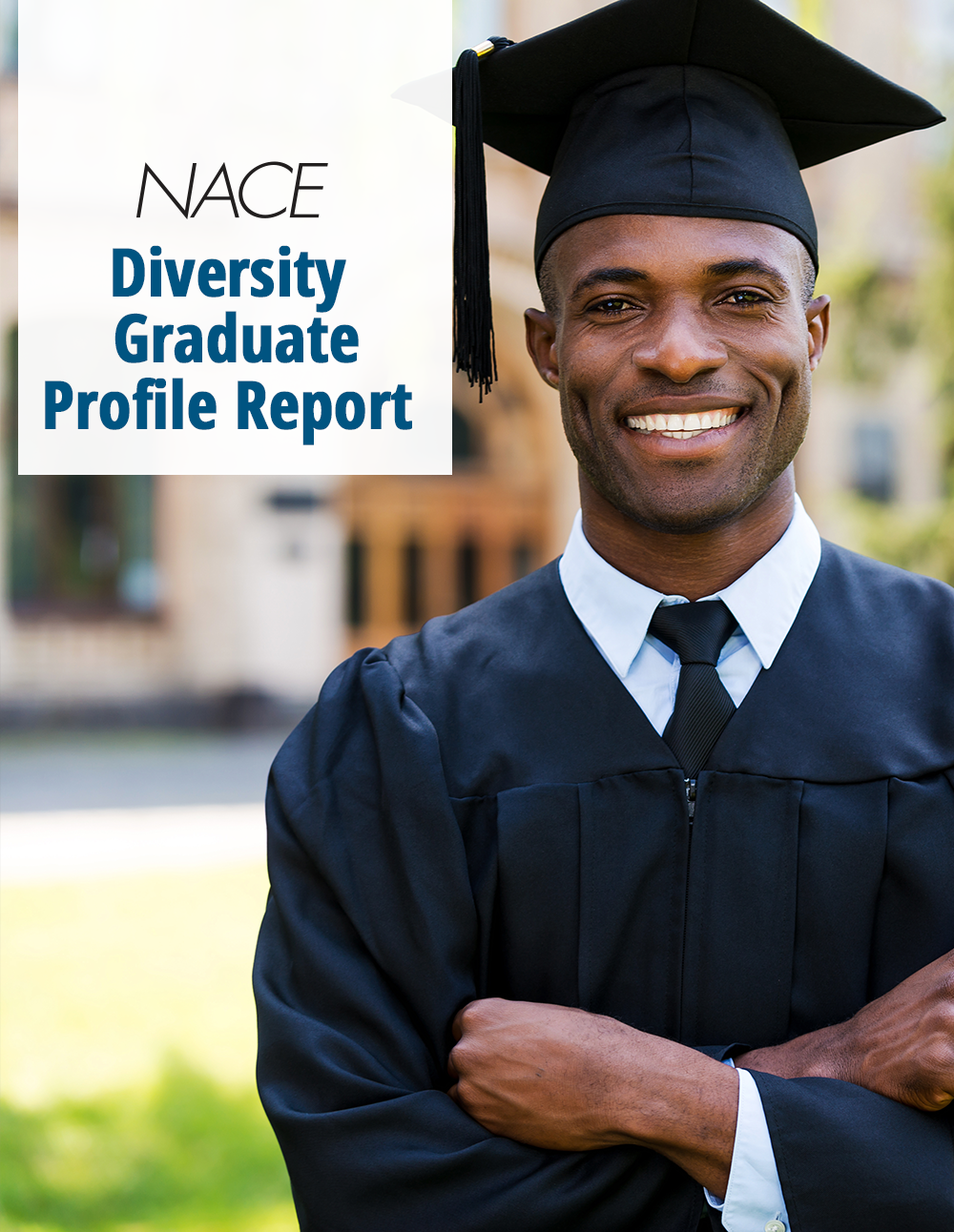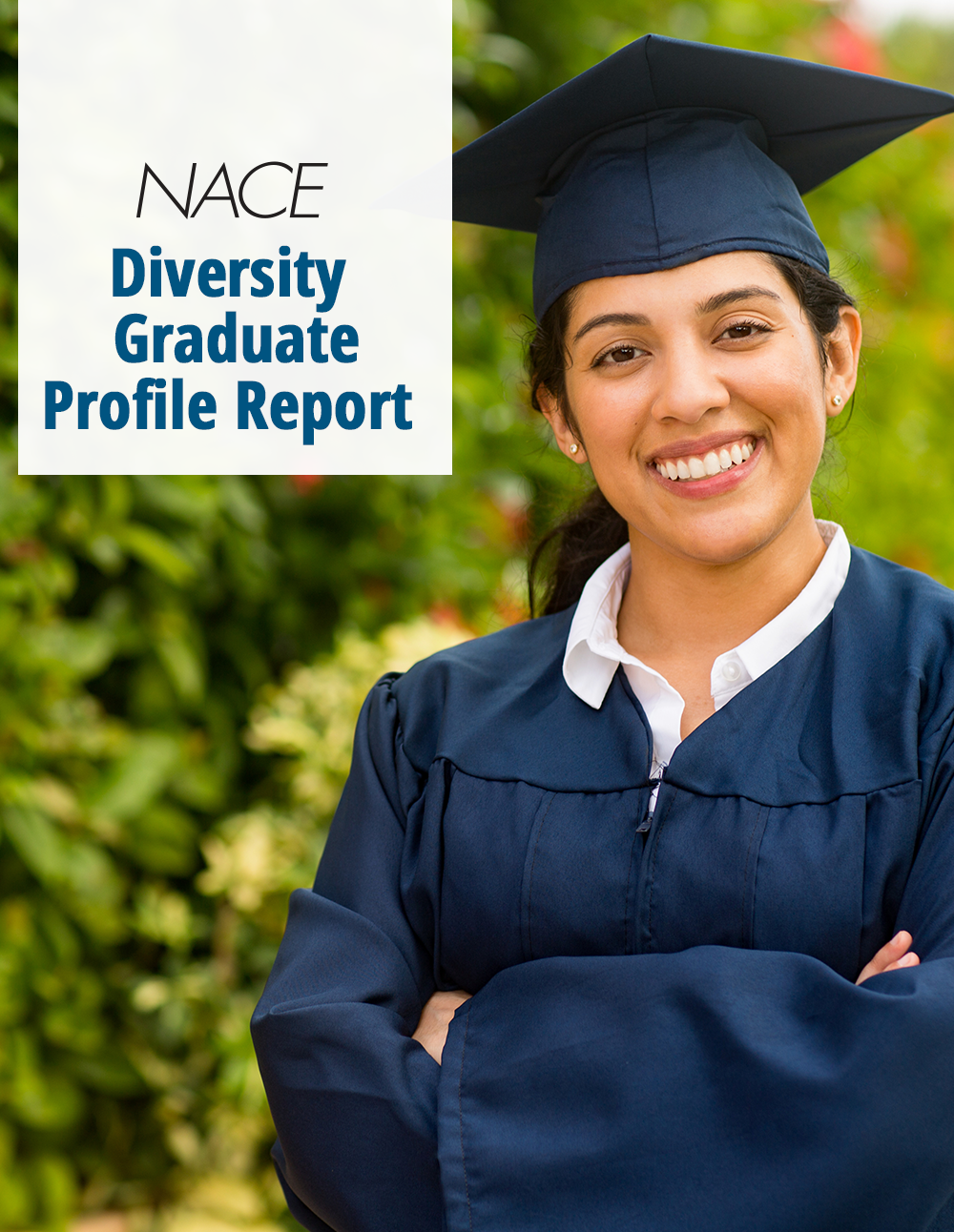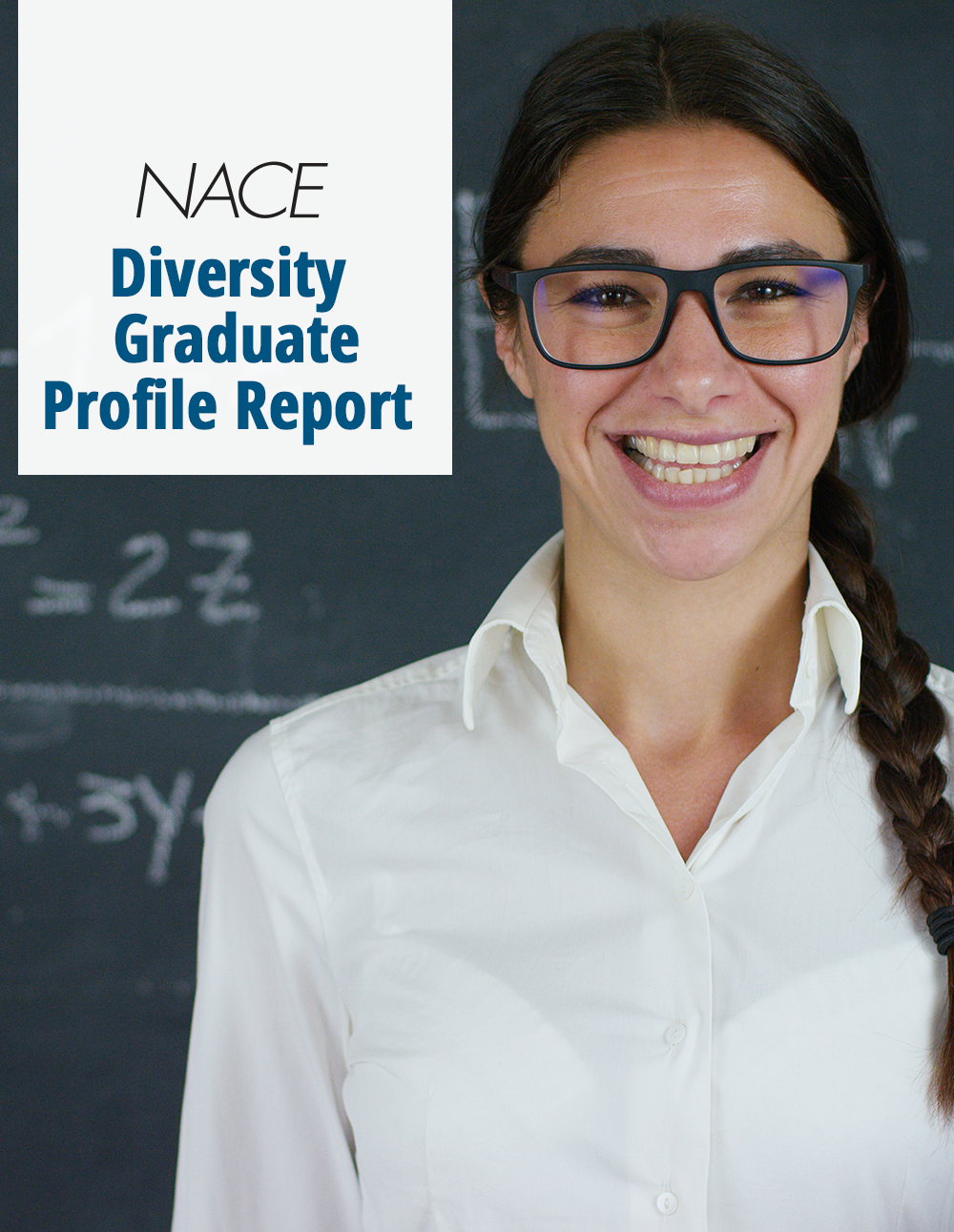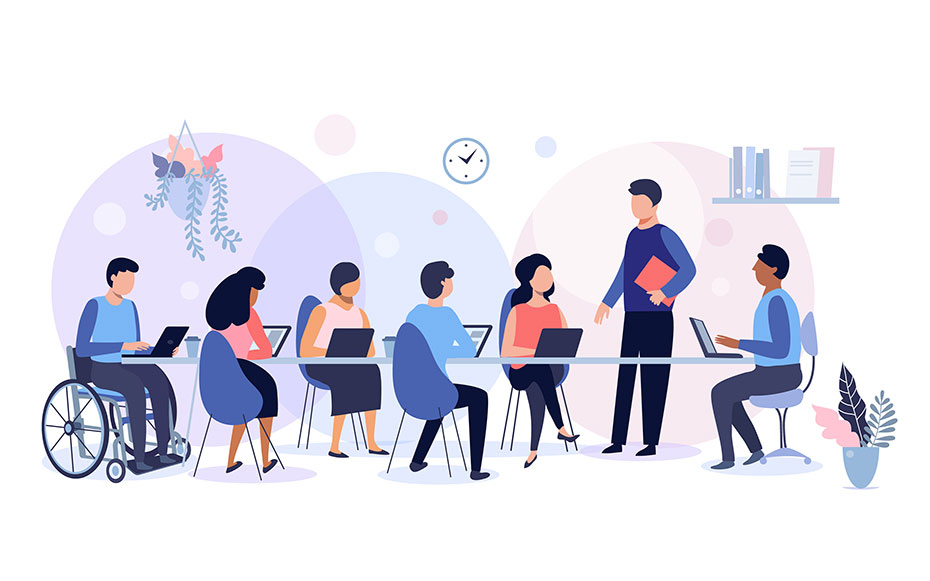Georgia Tech’s AuthenTECH Partnership initiative, which leverages career center staff to help advance equitable career outcomes for students, began in 2020 due to a career center restructuring that led to the hiring of more than 75% of its staff.
“This provided a unique opportunity for us to focus on creating an inclusive office culture,” explains Laura Garcia, director of undergraduate career education at Georgia Tech.
NACE AWARD WINNER
The Georgia Tech Career Center is the winner of NACE’s 2024 Diversity, Equity, and Inclusion Excellence Award for colleges for its AuthenTECH Partnership initiative, which leverages career center staff to help advance equitable career outcomes for students. For more information about the NACE Awards program, see www.naceweb.org/about-us/nace-awards/.“We embarked on a series of hiring, retention, well-being, and other initiatives to develop an organization that reflects the demographics of Atlanta and is inclusive of society at large.”
She says that as new members joined the team, the career center focused on fostering an environment of inclusivity and psychological safety by:
- Surveying staff annually to gauge retention efforts and overall well-being;
- Developing internal cultural initiatives to foster team building; and
- Providing opportunities for inclusive decision-making in office priorities through cross-functional teams.
“Building off our multifaceted team and healthy workplace, we cultivated relationships with our identity- and affinity-based student offices to build meaningful partnerships and programs,” Garcia notes.
“These were often led by full-time staff who have a shared identity or passion to serve Equal Employment Opportunity-protected classes and our high-priority student groups, in addition to our overall student body.”
The institute’s populations include students who identify as LGBTQIA, students with disabilities, or students who are first-generation, limited-income, Black, Hispanic/Latinx, women, or international.
The Georgia Tech Career Center hosts more than 125 programs each semester based on commonly expressed career needs of all students. However, there are unique challenges and experiences certain communities may encounter in their career journey that largely do not occur in the general population, Garcia adds.
“Therefore,” she says, “the goal behind the AuthenTECH program is to leverage our staff to provide population-specific resources, expand programming, and cultivate partnerships to advance equitable career outcomes. Before instituting the AuthenTECH model, our population-specific efforts felt scattered and lacked a specific strategy.”
With the staff liaison framework in mind, the career center focused on building relationships with student groups and affinity-based offices on campus to create customized programming and scalable services.
“There is the expression that you ‘can’t pour from an empty cup.’ Our focus on creating a collegial and healthy workplace enabled us to build bridges across campus to effectively engage the full spectrum of stakeholders invested in our work,” Garcia explains.
One of AuthenTECH’s key programs is its Diversity First Career Mixer, which is one of the 30+ programs offered through the initiative each year. This program consists of two components: a reverse career fair for employers to meet student group leadership before transitioning into networking for all students in a more relaxed setting.
“Employers were placed in the shoes of job seekers and instructed to pitch themselves, changing the typical power dynamic at professional networking events,” Garcia notes.
“After a period with student group leadership, the event opened to all students, and employers transitioned to highboys at designated locations.”
The mixer was held for a third time in fall 2023, resulting in 49 participating companies and 751 students.
“In spring 2023, 200 students attended, and we were unprepared for such a dramatic increase in student attendance last fall,” Garcia says.
“Our overall student satisfaction rates declined in fall as a result because students indicated they wanted more time to network with employers. The spring 2024 event was extended from two hours to four hours to allow enough time for students to connect with employers in response.”
Despite challenges during the fall 2023 event, 70% of the employers indicated ‘definitely yes,’ and 30% ‘probably yes’ to the question ‘Did this event effectively support your DEI efforts at Georgia Tech?’
“We will continue to hone this event, and our others, in response to stakeholder feedback,” Garcia adds.
Work on the AuthenTECH program has yielded other positive outcomes. For example, staff liaisons have learned that engaging in population-specific work is not always going to be easy or successful.
“You may also receive negative feedback and engage in some hard conversations. That is to be expected and embraced. It is critical to engage in this work because it leads to expanded access to services and more equitable career outcomes for all students,” Garcia explains.
Most importantly, it is having an impact on the populations it serves. Over two years, 100% of career center staff conveyed they felt psychologically safe, and many have provided positive statements about the team and culture.
“In three years alone, we have more than doubled our reach to our measurable high-priority populations as determined by sex, work authorization, ethnicity, and class year,” Garcia points out.
“Our follow-up assessments for our signature Diversity First Career Mixer, Three-Week Career Immersion Program, and First-Gen Shadow Program indicated growth in confidence, career clarity, and the development of meaningful relationships. All of these programs were coordinated with campus partners and informed by students.”
Others are taking notice, too. The AuthenTECH program received the Georgia Tech Institute for Diversity, Equity, and Inclusion’s Diversity Champion award in fall 2023 and the LGBTQIA Center’s Billiee Pendleton-Parker Award for Outstanding Allyship in spring 2024.
“We share this not to boast, but to underscore how quickly you can make an impact through partnerships and concentrated efforts even with a brand-new staff,” Garcia says.
For colleagues seeking to develop a diversity, equity, and inclusion program similar to the AuthenTECH Partnership Initiative, Garcia suggests, first and foremost, to get started and temper initial expectations.
“There is no reason to wait, and do not focus on perfection,” she advises.
“Start with your current staff and cultivate a healthy, psychologically safe workplace. This will enable your staff to engage all your student populations authentically and effectively. I also recommend you include your target populations in planning discussions before you build any programming or other initiatives. Otherwise, you may build something they already have, do not need, or do not want. That is when you will truly lead by example and shine as an inclusive office on campus.”
